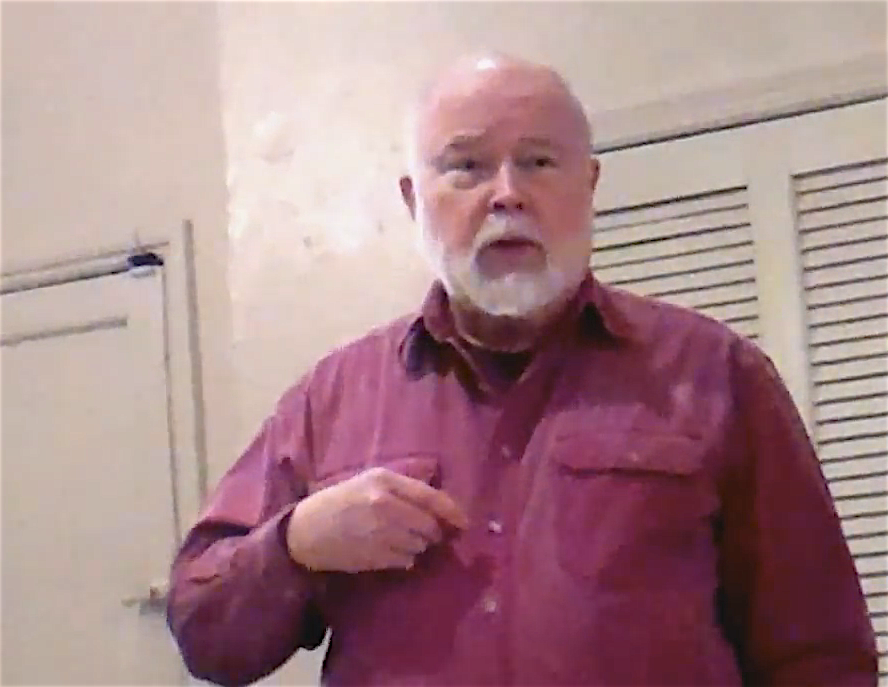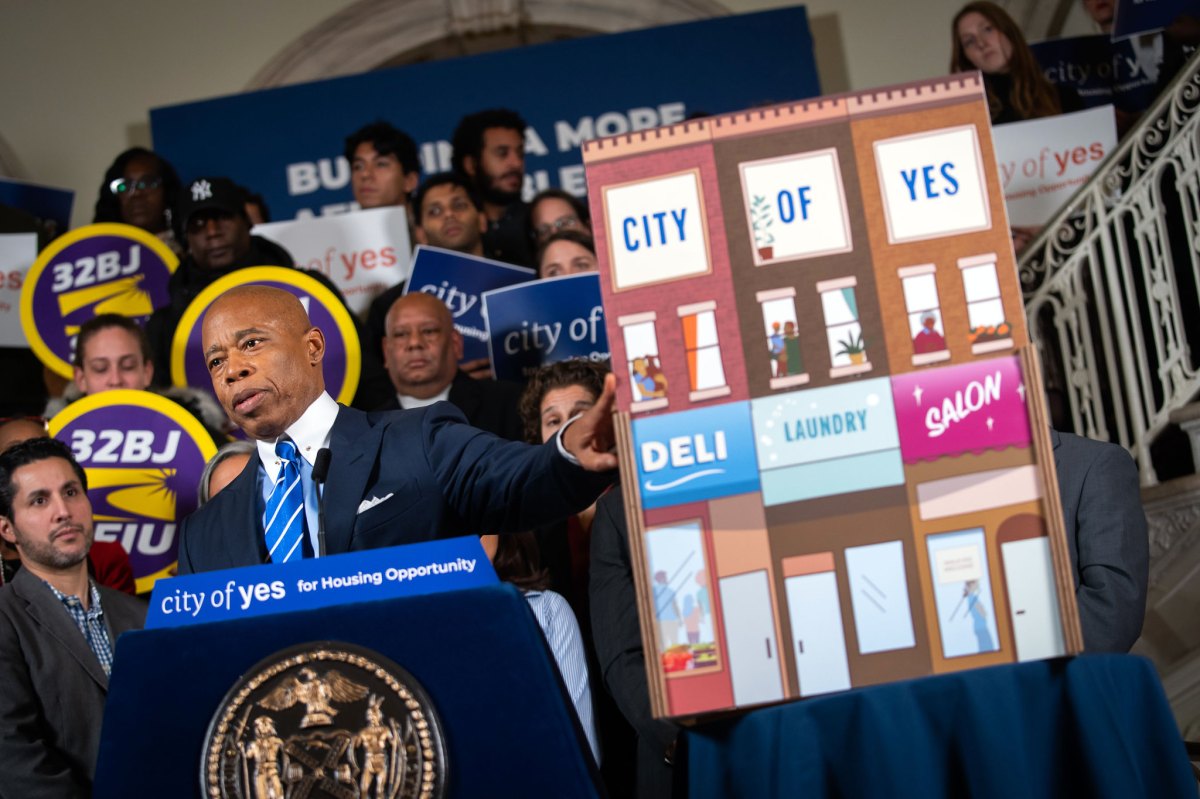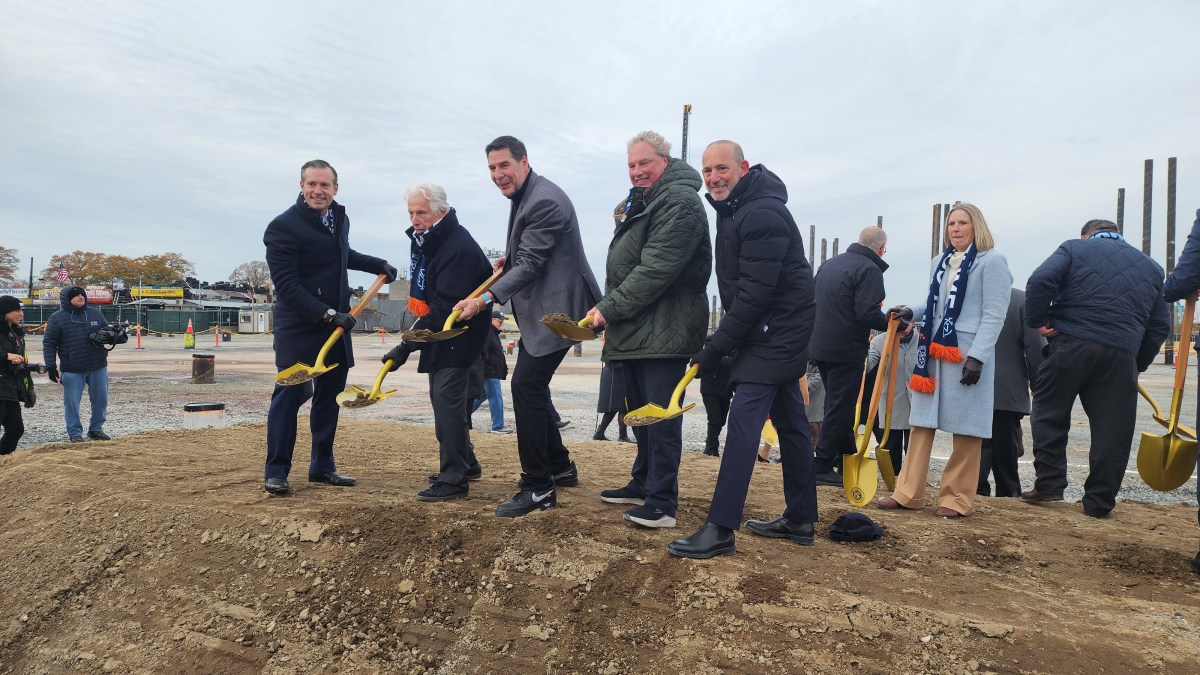BY LINCOLN ANDERSON | This is shaping up to be the Year of the Tenant. The year the pendulum swings back in a big way in favor of renters versus landlords. The year when rent regulation could make truly historic gains, not just in New York City — but statewide.
So says Michael McKee, the treasurer of TenantsPAC. McKee has been fighting in the trenches for decades as one of New York’s longest-serving and most prominent tenant activists.
“We’re going to win,” he assured. “The only question is how much.”
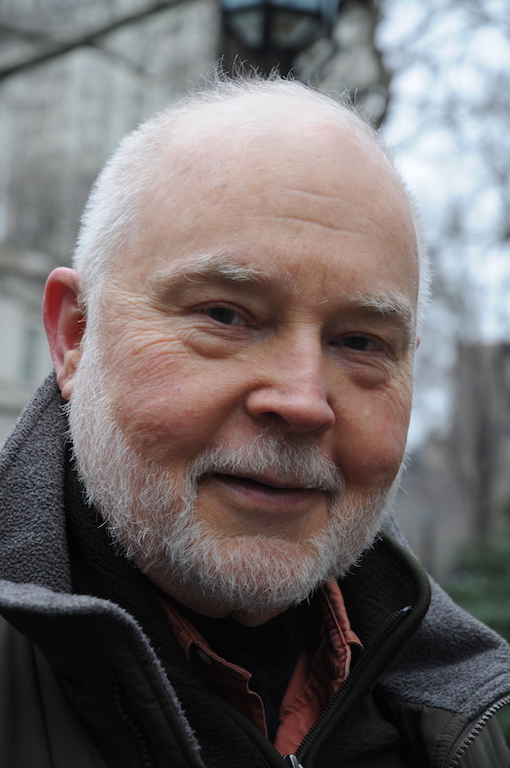
With both houses of the state Legislature now controlled by Democrats, and with a Democratic governor, the stage is set for sweeping changes benefitting renters. A package of nine bills is set to be passed in the current legislative session, which concludes at the end of June. Together, the bills are being dubbed the “Universal Rent Control Platform.”
End vacancy deregulation
Vacancy deregulation, for example, is expected to be scrapped.
“That’s gone,” McKee said. “Everyone expects that to go.”
Currently, unoccupied apartments renting for $2,775 per month can be removed from rent regulation. This existing provision is a major impetus for landlord harassment: Bad-actor landlords attempt to harass tenants out of their homes — through lack of heat or hot water, or disruptive renovation work inside buildings — so that they can eventually boost rents above the threshold, and turn units market rate, at which point the sky is the limit for what they can charge.
The “End Vacancy Decontrol” bill is sponsored by Senate Majority Leader Andrea Stewart-Cousins and Assemblymember Linda Rosenthal.
Re-regulate lost units
In another change that would rock the real-estate scene, that same bill would also “re-regulate” apartments that have been deregulated that currently rent for under $5,000 in New York City and $3,500 in Nassau, Westchester and Rockland counties. McKee and his fellow tenant advocate want this to apply to all apartments that have been deregulated since vacancy control first went into effect — since 1994 in the city and 1997 in the suburbs.
Under rent regulation, landlords would then only be able to charge annual rent increases based on the rates set by the local Rent Guidelines Board.
“All these people who moved into these apartments that were deregulated, they would be protected from arbitrary rent increases and arbitrary eviction,” the veteran tenant organizer said.
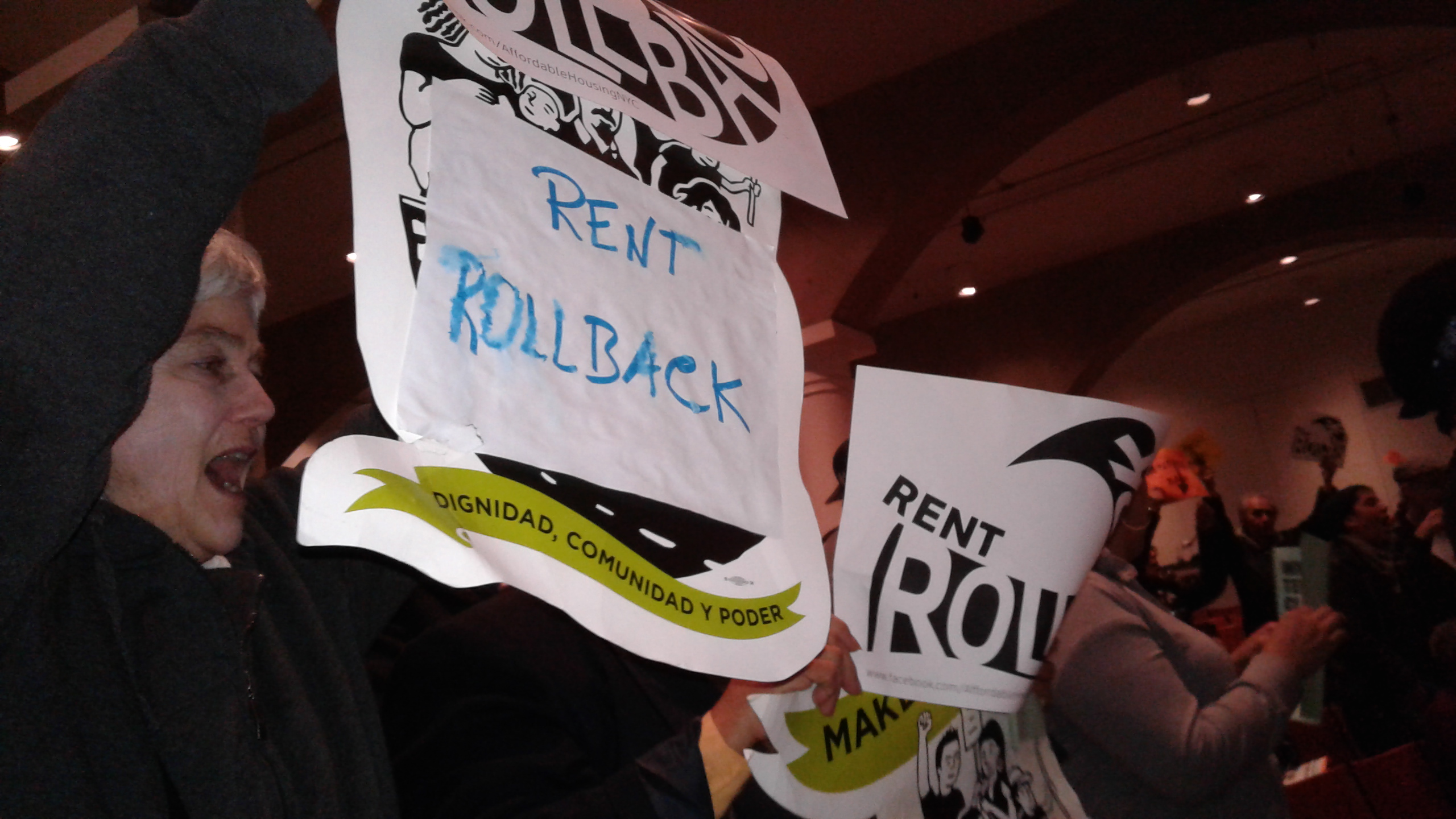
As for how many apartments could potentially be re-regulated, McKee said, “Three hundred thousand is probably the low end. Nobody knows how many apartments are out there, but there are a lot.”
Landlords voluntarily register when they remove an apartment from regulation, but not all of them do so, and there is no requirement for them do so.
As a result, the number of units registered as having been deregulated is around 155,000, but is probably significantly higher according to McKee.
In addition, the number of units that could be re-regulated might increase “due to inflation,” McKee added.
However, the current Assembly version of the bill would only re-regulate apartments going back to 2013.
Statewide expansion
Also part of the package, a separate bill, “Expand the Emergency Tenant Protection Act,” would allow rent regulation to spread throughout New York State. It’s sponsored by Neil Breslin, of Albany/Rensselaer, in the state Senate, and Kevin Cahill, of Ulster/Dutchess counties, in the Assembly.
As a description of the bill states, “Only New York City and the surrounding counties can opt into rent regulation. This is not fair. Localities should decide for themselves whether or not they want to opt into a system to protect tenants. This bill gives all places in New York State the option to decide for themselves.”
McKee said there are many places in the state showing a real interest in adding rent regulation. He ticked off a list, including Rochester, Buffalo, Syracuse, Binghamton, Newburgh, Schenectady, Albany, New Paltz, Hudson, “even in Akron, a little county near Erie.”
“This has never happened in my 49 years of organizing,” he marveled. “It’s very exciting.”
In fact, rent regulations are being pushed in other states, too.
“It’s happening all over the country,” McKee noted. “Chicago, Texas, Oregon.”
End vacancy bonus, M.C.I.’s
Another bill that is part of the package would eliminate what’s known as the vacancy bonus, under which landlords can jack up the rent by 20 percent every time a new tenant takes over an apartment. Still another measure would end landlords’ ability to add rent hikes based on necessary major capital improvements, or M.C.I.’s, on buildings. Another provision would keep “preferential rent” for the life of one’s tenancy; in other words, if a landlord is having a difficulty filling an apartment and gives you a rent below what he can legally charge under regulation, he can’t later raise the rent up on you.
Gauging the opposition
Yet it’s not a slam dunk that the full nine-bill package will pass. After all, this is Albany.
“I think Cuomo’s going to try to water these down behind closed doors,” McKee predicted, “but we’re warning our friends in the Legislature to make sure that doesn’t happen.
“Whatever passes will be a negotiated bill that will be elements of this package. We know we’re going to win, but we’re going to try to win big — because this is our bill.”
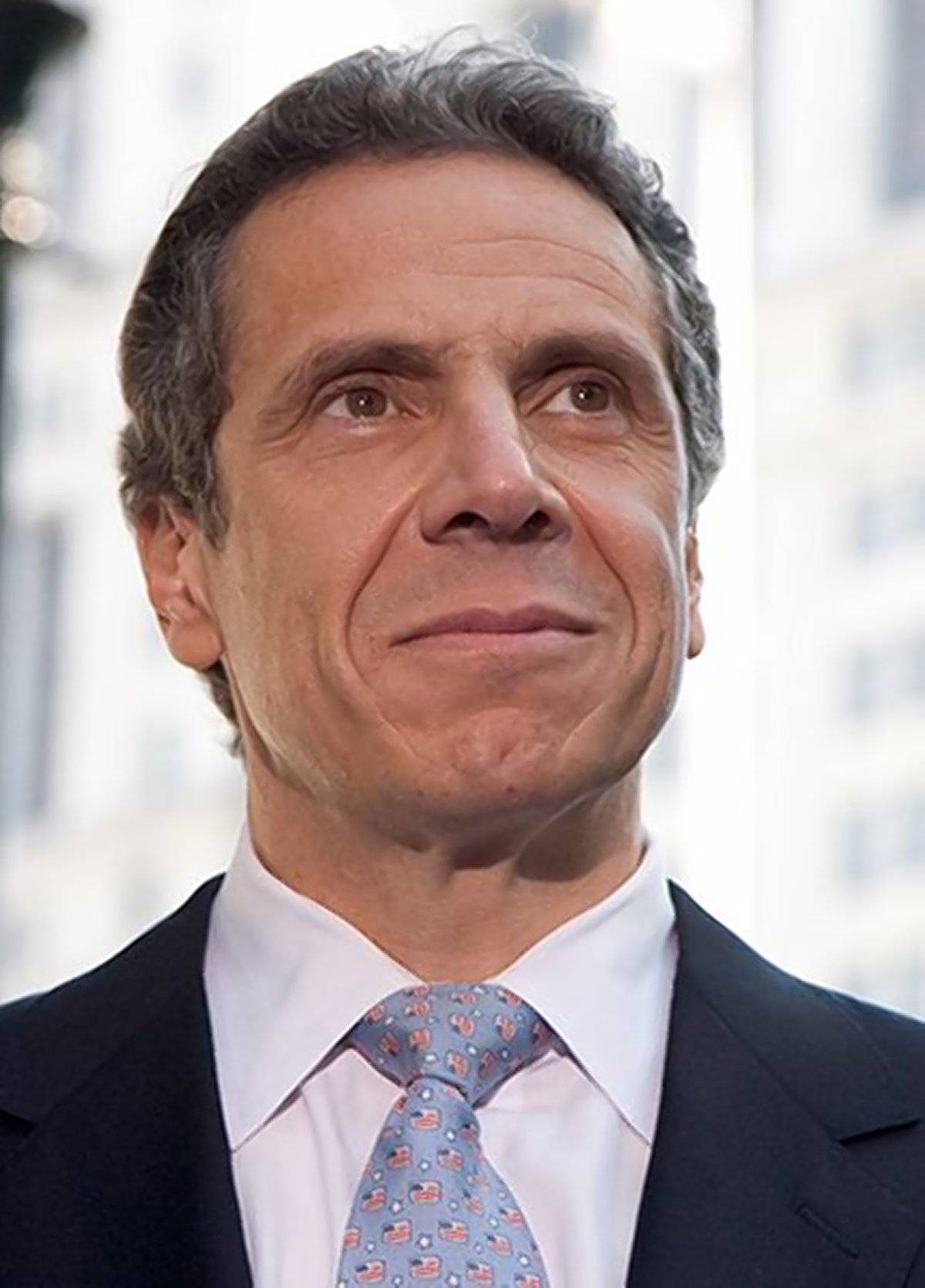
In terms of opposition, the typically pro-landlord Republicans are finally out of the picture, according to McKee.
“The Republicans are now irrelevant,” he scoffed. “They are literally irrelevant in both houses.”
As for whether all Democrats would be onboard with the legislation, he said, “There are Democrats and there are Democrats, and that’s what we’re working on. There are some Democrats who are very supportive and some who are not.”
As of last week, negotiations on the rent package had not started yet.
Of course, Big Real Estate will utilize everything in its arsenal to oppose the bills’ passage.
“They’re using their typical tactics of stealth and cash,” McKee said. “They’re going to try to water this down behind closed doors.”
Airbnb angling
In a related issue, McKee said Airbnb would be pushing hard to override the 2010 Illegal Hotel Bill. The so-called apartment-hosting site wants to legalize short-term rentals of less than 30 days in multiple-unit buildings.
“There’s widespread abuse of the law now,” McKee said, of the Illegal Hotels Bill. “A lot of landlords and tenants are flouting the law.”
McKee said tenant advocates hope the negotiated bill will be done by late May or early June instead of going down to the wire at the end of the legislative session when anything can happen.
“Look what happened to the pied-a-terre tax,” he noted. “It was a done deal. It was in the budget — and all of a sudden, the pied-a-terre tax was out of the budget. We expect the landlords and Airbnb will [try to do] the same thing on rent.”
‘This is the year’
Nevertheless, the tenant activist remains optimistic about victory.
“This is the year we should finally be able to make a huge change,” he said. “This is a sunset year: The rent laws come up for renewal — they have to renew the laws.”
On the other hand, if the push for rent-law reforms were put off until next year — when the rent laws would not be sunsetting — there simply would not be the same urgency to get it done, and it likely wouldn’t get done, McKee noted, explaining, “That’s Albany.”
Again, McKee predicted, “Cuomo is going to try to water everything down behind closed doors to help his real estate buddies who give him campaign cash. While keeping it vague, he’ll say he’s fighting for tenant protections, but everything he’s saying is vague.
“Cuomo will be behind vacancy decontrol,” McKee said, “but not re-regulation.”
New landlord coalition
A phone call for comment from the Real Estate Board of New York (REBNY) was referred to a new ad hoc coalition, Taxpayers for an Affordable New York. The coalition is “made up of property owners of all sizes across the five boroughs,” according to a facts sheet. The group released a statement saying that, if these rent reforms are approved, it would only backfire in tenants’ and advocates’ faces.
“Responsible rent reforms protect tenants and owners,” the statement said. “Instead, Albany’s legislative proposals fail to create a single new affordable unit or improve housing vacancy rates for those households most in need. If these proposals pass, owners of hundreds of thousands of units won’t be able to afford to invest in maintaining and improving their buildings. Moreover, the proposals will decrease the likelihood that new affordable units will be created in the future.”
To bolster its case against the reforms, the coalition also provided informational points showing that rent-regulated buildings need maintenance, while, on the other hand, the tenants are white and appear to be doing O.K. for themselves.
For example, 71 percent of the city’s rent-stabilized units were built before 1947, according to a REBNY/HR&A analysis of the 2017 New York City Housing and Vacancy Survey. These older buildings are more likely to require significant and ongoing maintenance, the coalition says.
The Housing and Vacancy Survey is done every three years by the city’s Department of Housing Preservation and Development to comply with city and state regulation laws.
Demographics spin
According to the 2017 H.P.D. survey, on the Upper West Side, rent-stabilized households are 57 percent white, have an average household income of $129,791, an average tenure of 19.1 years and an average householder age of 55.7 years old. Upper East Side rent-stabilized households are 80 percent white, have an average household income of $113,726, an average tenure of 17 years and an average householder age of 49.8 years old. In Chelsea/Clinton, rent-stabilized households are 47 percent white, have an average household income of $114,677, an average tenure of 13.1 years and an average householder age of 52.4 years old. Meanwhile, Greenwich Village/Financial District rent-stabilized households are 79 percent white, have an average household income of $209,912, an average tenure of 15.1 years and an average householder age of 48.5 years old.
In addition, the coalition notes, tenant evictions are down 37.1 percent compared to 2013. This is the fewest number of evictions since at least 1983 (the first year for which data is available), according to the Rent Guidelines Board’s 2019 Income and Affordability Study.
‘Top priority’ for Hoylman
For his part, state Senator Brad Hoylman is raring to approve the rent-regulation bills. Hoylman’s district stretches from the Upper West Side, through Midtown, Hell’s Kitchen, Chelsea and the Village to Stuyvesant Town, the East Village and the Lower East Side.
“As a senator who represents tenants living in more than 50,000 rent-regulated apartments, I can assure you that passing rent-law reform is my top priority in these remaining two months of the legislative session,” he said.
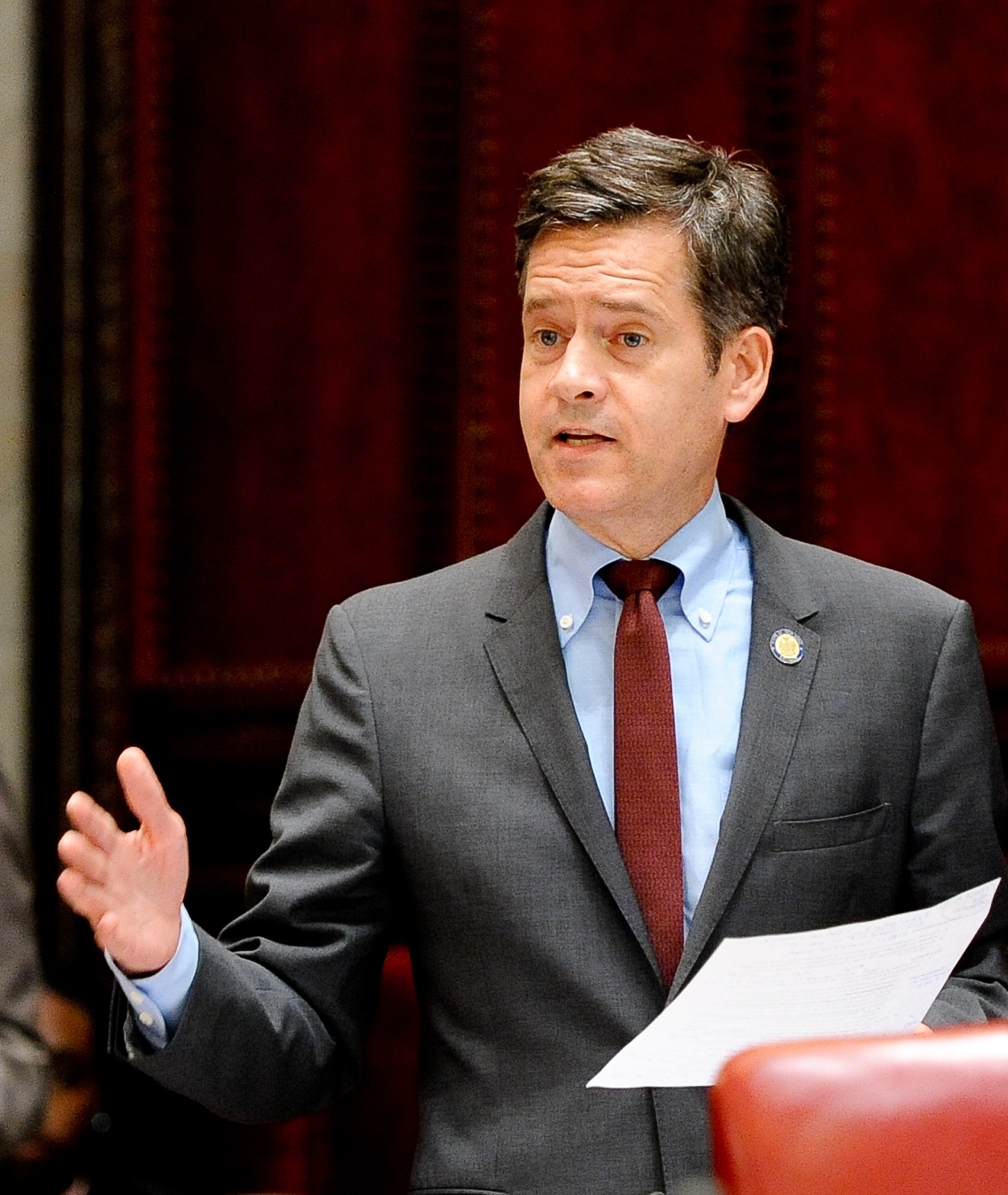
“The Senate Democratic conference is scheduling hearings across the city and state…on a host of these issues that have made rent-regulated tenants an endangered species in New York and we need to pass legislation to reverse this apocalyptic housing trend, including ending vacancy decontrol, eliminating the vacancy bonus and preferential rent, reforming M.C.I.’s, repealing individual apartment increases, reforming rent control, instituting good-cause eviction, and expanding tenant protections statewide.
“This package of rent-law reform bills will finally correct the decades of injustice served to tenants at the hands of the landlord lobby and their sycophants in Albany.”
Assembly version of bill
Assemblymember Harvey Epstein — whose district covers the Lower East Side, East Village, Stuyvesant Town and up to the United Nations — also foresees big gains on rent laws this session.
“I think it’s going to be a good year for tenants,” he said. “The question is how much can we improve the lives of tenants around the state.”
As for re-regulating apartments, Epstein said the reason the Assembly bill — as opposed to what advocates want — would only do that going back six years, and not all the way back to 1994, is because six years is what’s allowed under New York State’s law on contracts.
“I think it’s legal,” he said or re-regulation. “They can do it.”
Cuomo supports ending vacancy decontrol, Epstein said. Whether the governor backs re-regulating apartments is an issue, however, and also how far back retroactively he would support doing that.
For his part, McKee, of TenantsPAC, will be doing his utmost to make sure the rent package passes. He’ll be posted in the state capital listening and lobbying — and he’s not budging.
“I’m going to be here every session day until the end,” he vowed.



